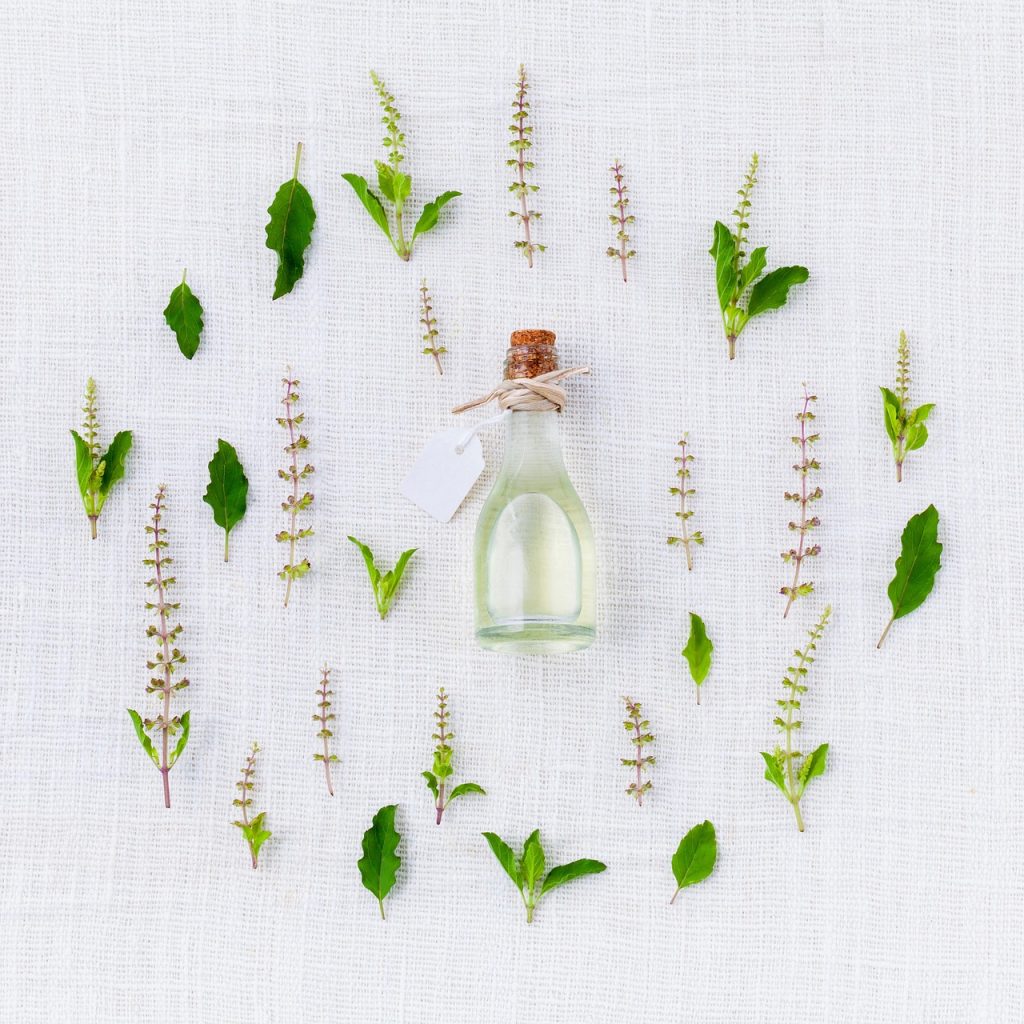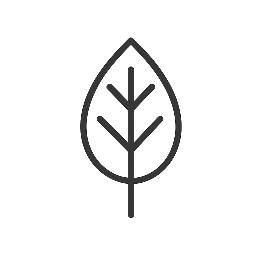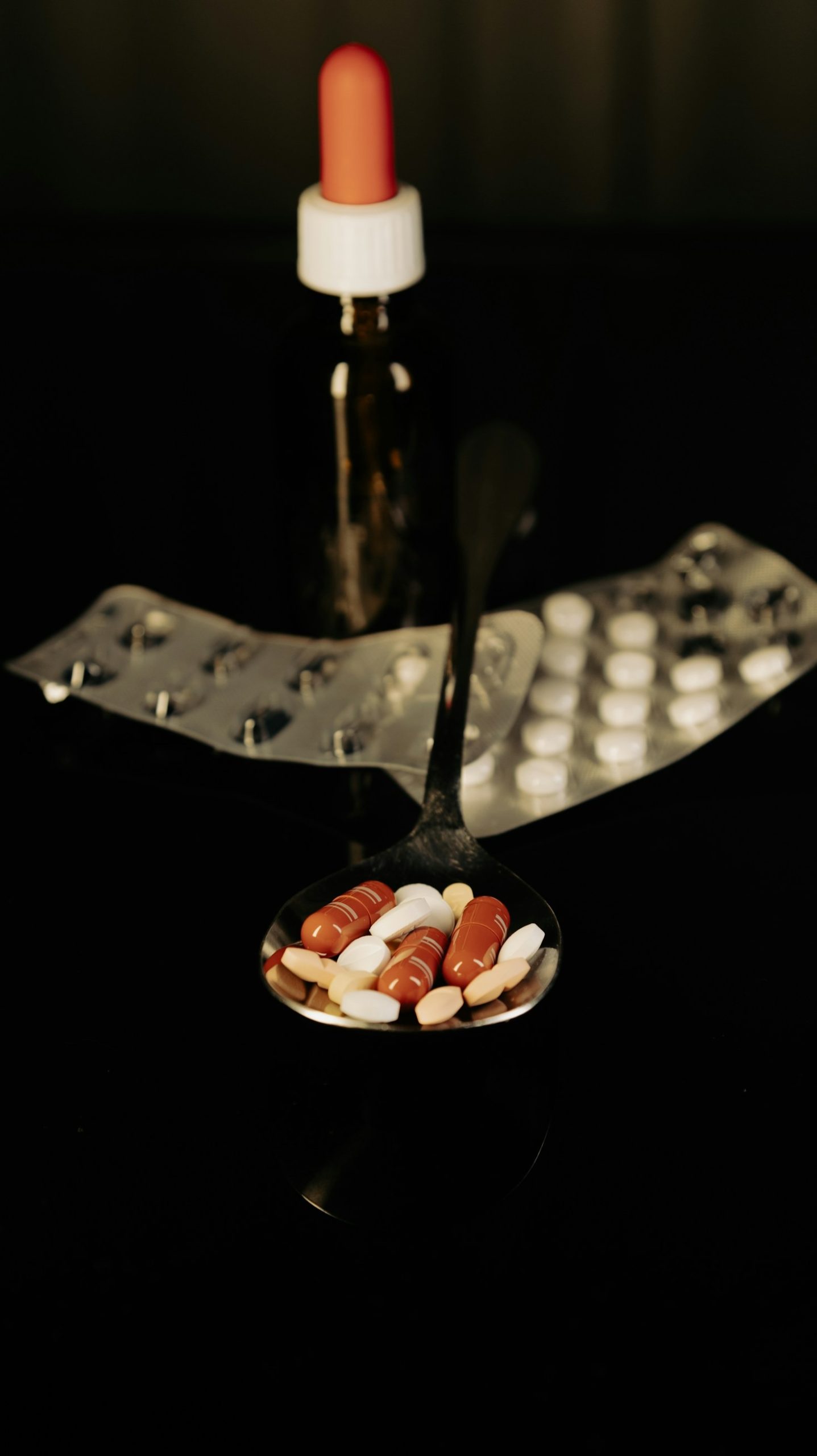Please note, this article is not suggesting anyone avoid doctors. But increasingly, many women today feel that turning to the internet for health advice offers more support and answers than traditional medical consultations.
A common experience shared by women across social media is feeling dismissed or unheard by doctors, especially when dealing with complex conditions like thyroid issues, histamine intolerance, and hormone imbalances. For example, despite years of struggling with symptoms such as depression, insomnia, and weight gain—classic signs of thyroid dysfunction—many women report that their doctors rarely suggest checking thyroid levels early enough. Often, it is through online communities and forums that women first learn about the need for thyroid testing or other diagnoses.
Histamine intolerance and food sensitivities are another area where women routinely find doctors lacking in awareness or understanding. Blood tests can confirm certain conditions but tend to miss many allergies or intolerances, which are better diagnosed through specialized methods often unavailable or expensive in public healthcare. This gap leaves many women to rely on shared online experiences and alternative testing options.

Women’s health issues like PMS, PMDD, and hormonal imbalances also suffer from under-recognition by healthcare professionals. Many women feel their symptoms are trivialized as just “getting older” or normal mood swings, rather than being properly investigated. Instead of exploring root causes or suggesting lifestyle changes, some doctors tend to default to prescribing medications like contraceptive pills or antidepressants, which can introduce additional hormonal side effects.
There is also growing distrust around doctors’ close ties to the pharmaceutical industry, which some women believe results in over-prescription rather than education on holistic or alternative treatments. Meanwhile, digital health tools, health apps, and online support groups empower women to track their symptoms, learn more, and connect with others facing similar challenges in ways traditional care can’t always provide.
In summary, the internet is increasingly becoming the go-to resource for women seeking trusted, relevant health advice that feels personal, well-informed, and responsive to their unique experiences—especially when it comes to tricky, misunderstood conditions like histamine intolerance and hormonal health
In a consumer-driven society and medical system, there is often an expectation of quick fixes, leading to the overprescription of medication. Doctors relying on pharmaceutical solutions instead of prioritising lifestyle changes or exploring alternative treatments.
So either he attended an ancient medical school or he didn’t pay much attention to women’s reproductive health.
The government seems to undervalue women’s health as well, as there is little scientific research into women’s health. Hormone replacement therapy and blood testing for hormones isn’t accessible to patients, so they have to visit private doctors.
Many women then find support online from each other and learn about the latest medical science statistics and holistic reading recommendations, which, when combined with visiting doctors, is a good way to manage our health without relying on them alone. Just be mindful that our bodies are unique, with different complex genes, and what works for one person won’t necessarily work for another.What was your experience of seeking help from doctors for women’s health issues in your country?





Leave a Reply